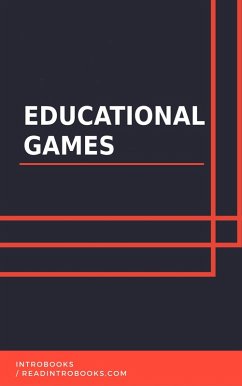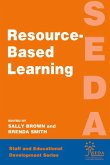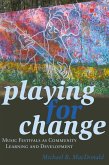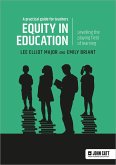Throughout history, we see that the game was part of various social classes positively influencing the emotional, physical, social and moral development of those who play and is, therefore, an important factor of socialization among people. Plato comes up with the most important idea and which is based on our work. It is the idea of "learning by playing" for playing the children of time have learned rules of coexistence, that is, possible actions to be taken or not the coexistence between them, attitudes such that, with time, spent part of his day today. Later, Aristotle suggests the use of games for young children to imitate the activities of adults, there arises another equally important idea, the "use of games as a preparation for children for adult life", that is, already it appears there the idea of "formation of values for living together in society." Only later humanists began to see the games as an "educational resource" itself, that is, for education purposes, initially for reading and calculation, and later as an "instrument of knowledge acquisition" for any discipline. This e-book aims to present the importance of games for the development of children in kindergarten. The school should provide children the conditions necessary for their development, or provide suitable environments and trained professionals also to exercise the playfulness function. The playful can not be considered a foreign element in learning child, it should be appreciated as an important factor, as it contributes to its better development. The game has two different views: first, the game is It is seen as something that is active and real, and the other view is seen as unnecessary and useless. However, we should not separate the playfulness of teaching means, for the two elements must join each other to obtain the implementation of the learning.
Dieser Download kann aus rechtlichen Gründen nur mit Rechnungsadresse in A, B, CY, CZ, D, DK, EW, E, FIN, F, GR, H, IRL, I, LT, L, LR, M, NL, PL, P, R, S, SLO, SK ausgeliefert werden.









